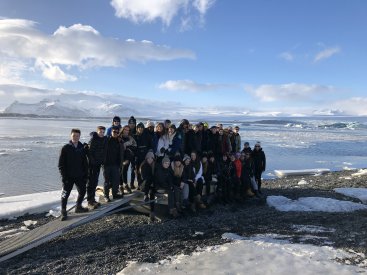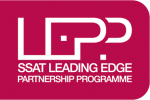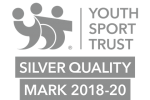History
Key Stage 3:
- All of the skills we develop throughout Key Stage 3 are those that you’ll need at GCSE and A Level.
- These skills include use of specific detailed evidence, clear and full explanation and source analysis- make sure to bear them in mind!
- Often in lessons you will hear teachers talking about what you ‘should do’ and what you ‘could do’ and telling you what you need to do to hit your personal target level and beyond. Make sure to push yourself to achieve these things.
- We will also sometimes ask for ‘History Experts’ to help those who are struggling – this should be you. You should also try and take more of a leading role when we do group work.
- There will also always be a bonus task that will be on the board or you can ask your teacher for if you finish the task you have been set. These are again designed to challenge you to use the skills you will need to develop for GCSE and A Level.
- As well as this, a good bonus task to set yourself is to always try to include your own opinions about what we are studying and include links to other topics / our main concept.
- We do a lot of independent work in History. This allows you the freedom to complete work in the most imaginative way possible and so that you can direct your own learning and pose questions for yourself. If you can think of a way you would like to complete a task to give yourself an extra challenge, why not suggest it to your teacher?
- In a number of Key Stage 3 lessons, mentors from Key Stage 5 join us, please ask them any questions that you have – can you catch them out!?
- We run a number of competitions throughout Key Stage 3, as well as trips and Gifted and Talented Immersion Days.
- As well as all this, we will talk to you throughout Key Stage 3 about what it means to study History at GCSE, what skills it develops and what career paths it opens. Feel free to ask us anything you want to know.
Key Stage 4:
- The skills you need for success at GCSE include use of specific detailed evidence, clear and full explanation and source analysis. Throughout your course we make sure that you are clear on the criteria you need to meet in order to reach the A or A*grade.
- Exam Practice makes perfect. We have booklets of practice questions available for you to make sure that you not only have the knowledge you need but that you know how to apply it too. We also give you examples of A* work so that you can see what to aim for. There are writing frames available to help with this too.
- We mark your exam practice with plenty of constructive feedback and also take into account marks for SPaG. These can make sure a big difference – make sure to bear them in mind!
- As well as all this, we will talk to you throughout your GCSE course about what it means to study History at A Level or even Degree level, what skills it develops and what career paths it opens. Feel free to ask us anything you want to know.
- There will also always be a bonus task or 'TIF' option that will be on the board or you can your teacher for if you finish the task you have been set. These are again designed to challenge you to use the skills you will need to develop for GCSE and A Level.
- Resources from A Level will be used and additional reading given to those who require the stretch and want to prepare for A Level History.
Key Stage 5:
As with your other subjects, your studies at A Level are preparing you for further education or the world of work. With this in mind, the way that you approach the course should be different.
- The first crucial difference is the amount of independent work you need to do throughout your studies. It is vital that you take ownership of your own learning. This includes reading around the subject and doing extra work at home making sure you fully understand both the smaller topics we study and the larger concepts.
- If you plan to carry on your studies into further education (whether in History or another subject), further reading is a very important skill. This could take a variety of forms:
- Being on the lookout for links to your topics in the news is easy using social media and is a nice way to see the relevance and modern significance of the topics we study.
- We have a small library of Historical magazines that you are welcome to borrow. Publications such as BBC History Magazine are good for seeing what being a Historian in 2013 entails and keeping you up to date with recent discoveries and theories.
- Your History teachers can also recommend undergraduate level publications for you to stretch yourself and discover more about any topics that really capture your interest.
- As well as this, on a Wednesday afternoon Birmingham University holds a range of lectures on different topics that are aimed to grasp your imagination and extend your understanding.
- We also offer the opportunity for you to become a Sixth Form Mentor – come along lower school lessons and share your understanding! This is a really good back to give back to Arden but also test your own understanding (and patience!)
















